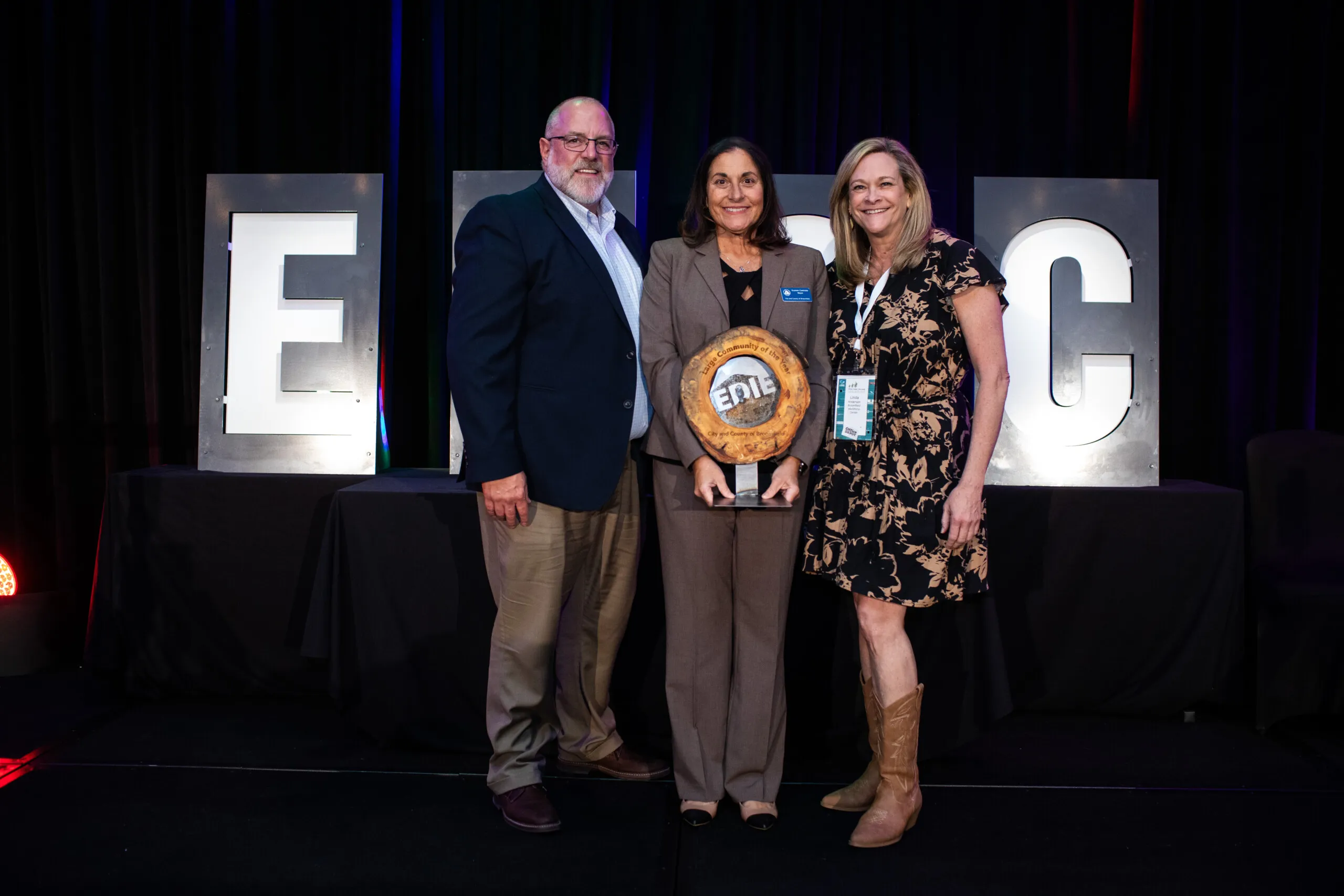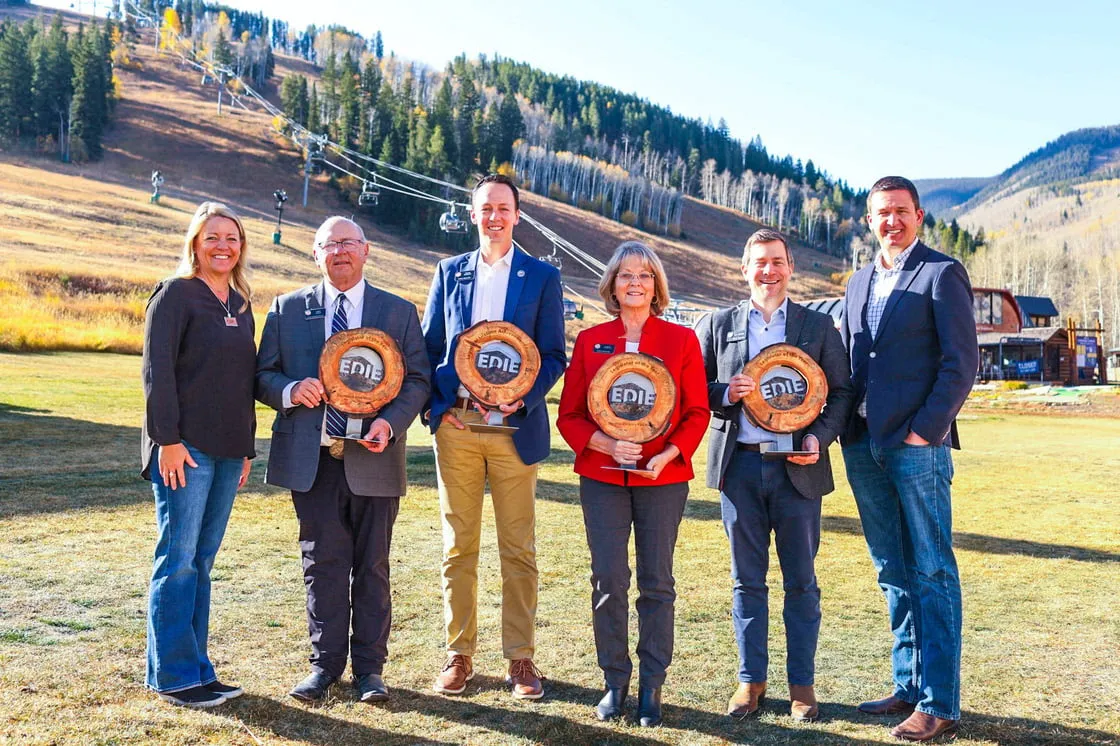Estes commits cash to help businesses survive, other NoCo cities prepare plans
Northern Colorado governments are concerned about how businesses will come through the economic disruption wrought by the COVID-19 pandemic, but so far only one has designated hard cash to the effort.
Estes Park has committed $250,000 to a community relief fund, an idea that might inspire other communities to do likewise.
NoCo Strong for Business, a regional coalition of elected and appointed city and county officials, expects to meet weekly to share ideas about how local governments can help businesses survive.
SPONSORED CONTENT
Organized by Loveland council member John Fogle and Johnstown town board member Kevin Lemasters, the group attracted representatives from seven local governments at its initial meeting Wednesday. The organizers hope to share ideas in use by individual communities and eventually lobby on behalf of the region for support from federal and state sources.
So far only one community, Estes Park, has committed cash to helping local businesses bridge the gap between when they were operating normally and when operations might begin to return to normal.
Jason Damweber, assistant town administrator for Estes Park, said the town has committed $250,000 to a community relief fund. Much of that will be designated for food insecurity issues, housing and other needs of residents, but $150,000 of the fund will be for small business assistance.
Damweber noted that the fund will be too small, but it’s a start. “As of Friday, our business survey identified $2 million in lost revenue so far,” he said.
Every community represented on the call — Estes Park, Windsor, Loveland, Johnstown, Greeley, Berthoud and Weld County — had taken steps to avoid utility shut offs for individuals and businesses unable to pay bills. They’ve also waived penalties for late payment of bills.
As reported by those attending the Zoom online meeting:
Berthoud — The city is surveying businesses to see what they need. “In a week or two or four, we’ll see what gaps remain [after federal stimulus money has flowed] to see if the town board needs to do anything,” said Walt Elish, economic development director for the town.
Estes Park — In addition to the relief fund, the town is trying to partner with organizations in the community to provide help.
Greeley — Has yet to determine what it might do but is willing to be a part of regional partnerships that might emerge, said councilman Michael Fitzsimmons.
Johnstown — Like Greeley, Johnstown is evaluating what it should do but has no specific plans yet, Lemasters said. Town manager Matt LeCerf said the town needs to keep in mind that 70 percent of the economy is supported by consumer spending, so individual residents may need assistance in order to support the overall economy.
Loveland — With a goal of “trying to save as many businesses as humanly possible,” Loveland is still formulating its plan. First steps have been to connect businesses with resources, whether that’s the Small Business Administration or some other entity that can offer assistance. It is also partnering with Fort Collins and with Colorado State University to produce economic forecasts using various economic development models, said Rod Wensing, deputy city manager.
Windsor — Town representatives are meeting weekly with Larimer and Weld county economic developers. It has been meeting with businesses, starting with those first affected by the executive order shutdowns, said Stacy Miller, Windsor economic development manager. The town board has voted to rebate February sales tax collections to businesses and to defer payment of sales taxes for March through June, with those tax payments due by the end of the year. “Building permits are a number one priority. We want to make sure we can produce those so building activity can continue,” she said.
Weld County — The Weld County Board of Commissioners has focused its attention on property taxes and voted to waive late fees on property taxes through October. That decision, however, was overturned by the state, which ruled that such an act can occur only within an executive order, meaning that waiving of late fees can occur only through the current executive order that ends in May, commissioner Scott James said. He said that Upstate Colorado Economic Development, the entity that drives economic development for the county, has created a website called NoCoRecovers.com, which serves as a clearinghouse for information about federal opportunities available and will include local efforts. An assistance dispatcher position will be created through Upstate to help businesses find the right program for their needs.
Fort Collins — Fort Collins did not participate in the NoCo Strong meeting, however the city is considering a relief fund it is calling a “Small Business Relief and Recovery Loan Fund.” It will be operated along with Colorado Lending Source. Rates, terms and amount of city contribution have yet to be determined.
Zoom meetings of NoCo Strong for Business will be 2 p.m. each Wednesday, the group decided. Information about the group and its meetings can be found on the group’s Facebook page.
Northern Colorado governments are concerned about how businesses will come through the economic disruption wrought by the COVID-19 pandemic, but so far only one has designated hard cash to the effort.
Estes Park has committed $250,000 to a community relief fund, an idea that might inspire other communities to do likewise.
NoCo Strong for Business, a regional coalition of elected and appointed city and county officials, expects to meet weekly to share ideas about how local governments can help businesses survive.
Organized by Loveland council member John Fogle and Johnstown town board member Kevin Lemasters,…





